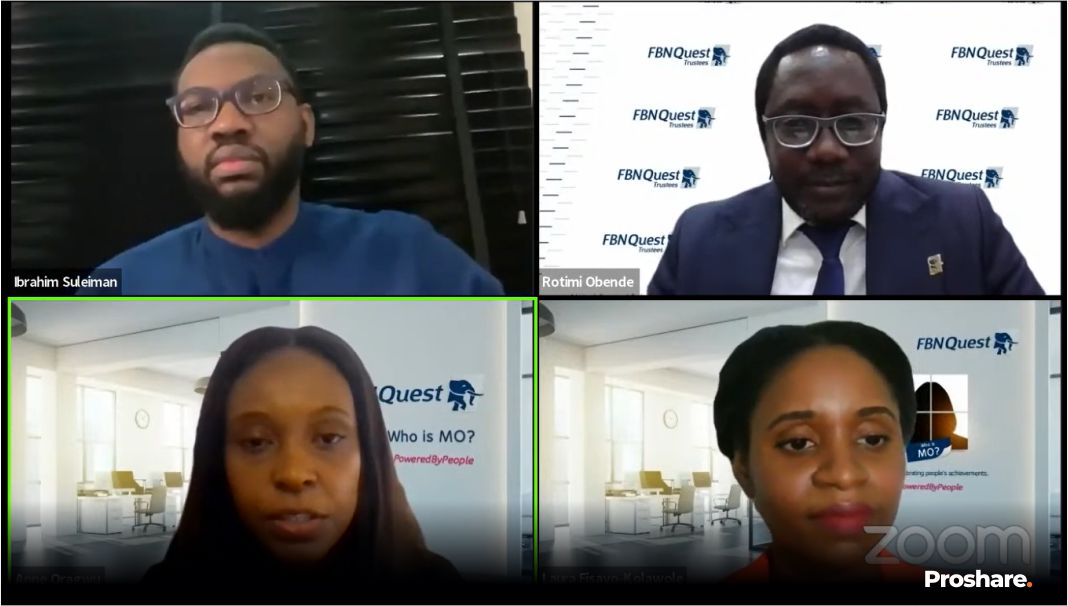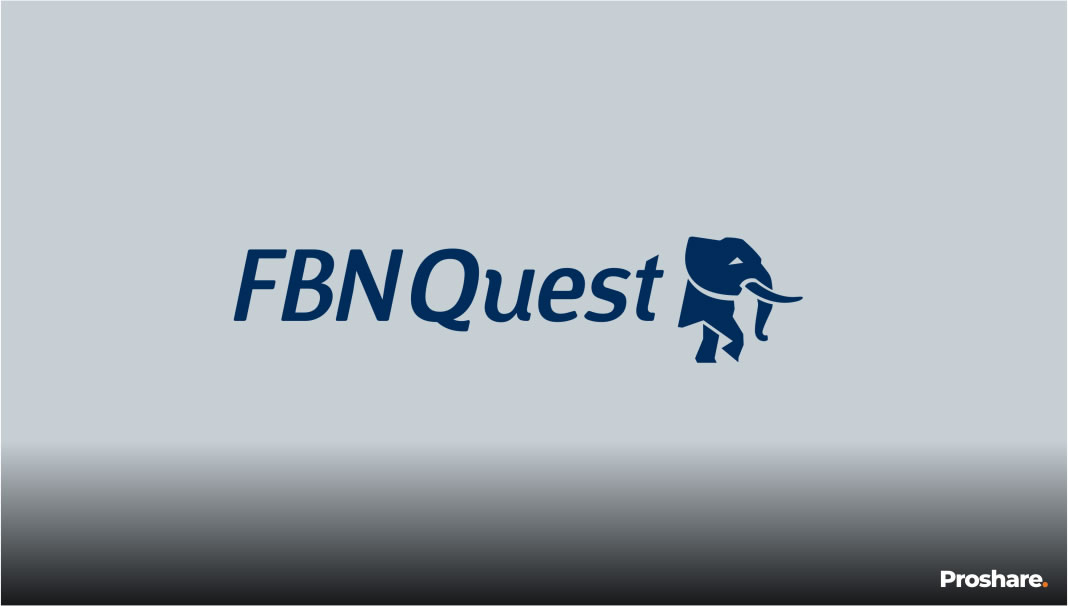Speaking at a Media roundtable which took place recently, the Managing Director of FBNQuest Funds Mrs. Ijeoma Agboti stated that Pension Funds Administrators (PFAs) stand to benefit from more inclusion of Alternative investments in their funds. According to her, only 0.1% of the portion of Pension Fund Administrators (PFAs) portfolios which is allowable for alternate investment is currently used for that purpose.
According to Agboti, Pension Funds Administrators (PFAs) should be allowed to hold the Alternative Investment component of their portfolios separately since the returns of the various PFAs are compared on a short-term basis while alternative investment would typically take a fairly long period of time to yield impressive returns, which creates a misalignment of incentives.
The J-curve pattern of the historical returns on alternative investment makes it difficult to make a comparison with other investments in the short term. Agboti made the point that the Funds/Alternative Investment space which comprises Venture Capital, Private Capital and Opportunistic real estate is vibrant not only in Nigeria, but other parts of Africa such as Kenya and South Africa with enormous opportunities for early-stage venture capital and growth equity.
Also at the event, Head of Equity Research Mr. Tunde Abidoye while presenting FBNQuest’s Macroeconomic outlook stated that global economic conditions could worsen significantly next year, due to policy mistakes ranging from under-or-over-tightening, persistent inflation, and debt distress in vulnerable emerging economies. According to him, the world’s economy is expected to contract in 2023.
On the domestic scene, GDP is expected to grow by 3.3% in 2022 and 3.5% in 2023. As for inflation, Abidoye stated “We see the headline rate at 22.5% year-on-year (Y-o-Y) by end 2022, before slowing to 18.6% by end-2023”. On fiscal outcomes, the fiscal deficit is expected to exceed the 3% guardrail of the Fiscal Responsibility Act for the third consecutive year.
The rising fiscal deficit has led to an increase in Nigeria’s total public debt which rose by 21% year-on-year (Y-o-Y) to N42.8trn (US$ 103bn) as of June 2022. With debt roughly equivalent to 24.7% of 2021 GDP, Abidoye believes that Nigeria’s debt compares favourably from an emerging market context. He also stated that the overall public debt is still within the DMO's 40% debt ceiling and allows for additional borrowing of NGN27trn.
According to the outlook, the yield environment is expected to remain elevated due to the tight liquidity conditions in the market. While the direction of the Monetary Policy Rate (MPR) towards the year-end would depend on the direction of inflation.
Abidoye provided the following details for 2023s economic outlook:
Highlights
- 2023 GDP growth forecast: 3.5% (vs 3.3% in 2022).
- Driven by growth in the tertiary (services) sector, namely, information and communications, trade, and financial & insurance services.
- Pre-election spending and the operational kick-off of the Dangote Refinery by mid-2023 (if there are no further slippages) are other supportive drivers.
- We forecast an end-2023 NAFEX rate of NGN491/USD.
Risks
- Potential downside risks from weak global growth on EM economies like Nigeria.
- EM currencies are likely to capitulate due to aggressive monetary tightening by advanced economies.
- Other risks include concerns around capital inflows, debt sustainability concerns, and additional pressure on FX and reserves.
- Q4 ‘22 GDP likely to take a hit from the recent flooding.
- CBN’s more hawkish stance constitutes downside risks to growth.
- Risk of social unrest and lost days of productivity post removal of fuel subsidies.
 Lagos, NG • GMT +1
Lagos, NG • GMT +1











 300 views
300 views













 Sponsored Ad
Sponsored Ad
 Advertise with Us
Advertise with Us









